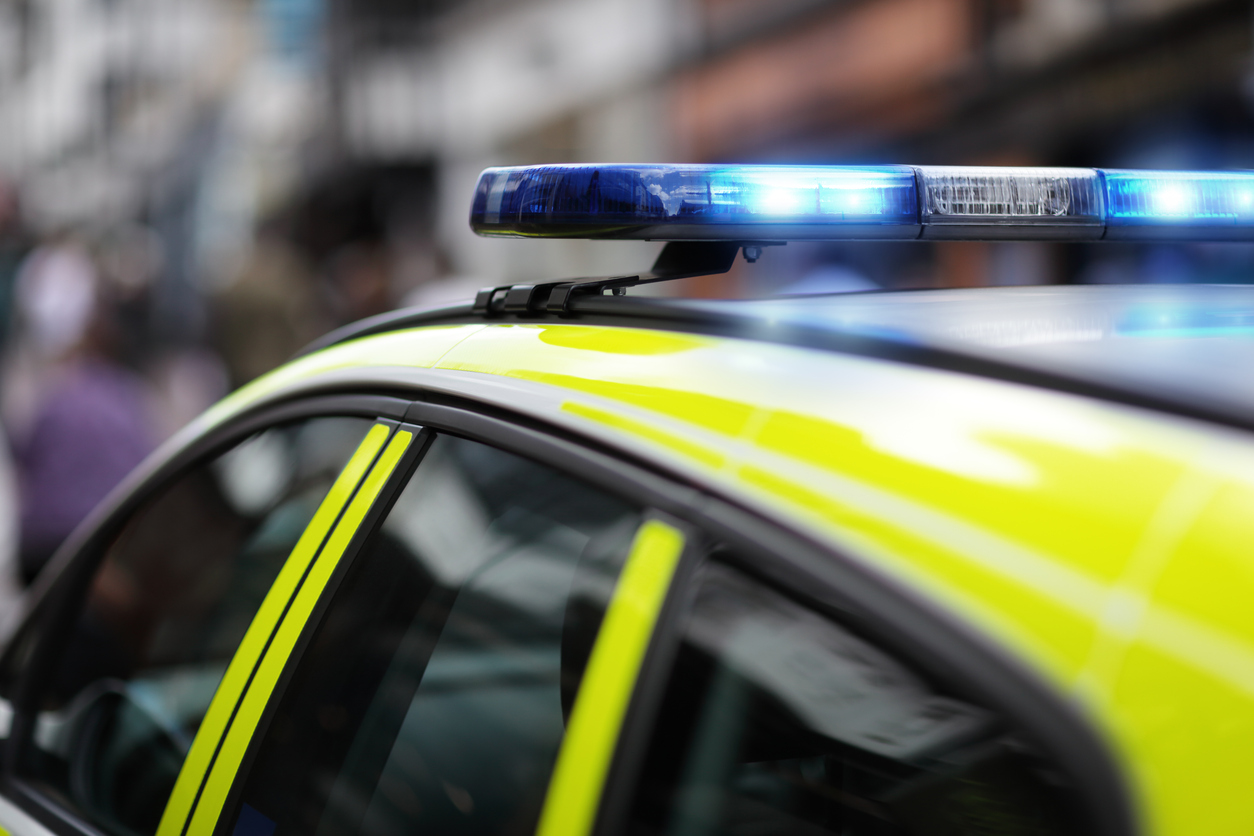Roads Policing Units must be improved to reduce number of deaths on the road
ROADS policing is not ‘optional’ and must improve to cut the number of motorists killed each year a new policing report says.
The importance of roads policing has ‘diminished’ since 2013 the HMICFRS investigation into the sector in England and Wales concluded.
The body has called for better policing of our highways and is calling on forces to ensure it is included in their overall crime plans.
The report is set against a decline in the number of roads policing officers. A Parliamentary Advisory Council for Transport Safety (PACTS) report earlier this year suggested more than 30% of specialist roads officers have been lost over the past decade.
More than 26,000 people were killed or seriously injured across Scotland, Wales and England in 2018.
It’s a figure showing signs of increasing HMICFRS investigators say, and they are now calling for improvements across the board.
Summarising, the report said; “before 2013 there were sustained reductions in road deaths in England and Wales.
“Since then the number of road deaths has levelled off, and there are signs of an upturn. Yet, we found that the importance of roads policing has been in decline for some years. There has been less enforcement of drink/drug driving and not wearing seatbelts, with an increase in deaths attributed to these offences.
“Roads policing has evolved from ‘traffic officers’ who were mainly focused on enforcement of road traffic legislation, and dealing with road traffic collisions, to a wider concept of policing the roads. This includes the use of roads policing resources to target criminals who use the road network for their criminal purpose.
Overall, the inspection found they were some good initiatives, but too often the effect of these was ‘unclear’ due to a lack of analysis and evaluation.
When it was identified, good practice wasn’t shared across forces in an effective manner; support provided to national road safety campaigns wasn’t consistent, which adversely affected their effectiveness; and too often officers hadn’t been given the appropriate training and support to allow them to carry out the critical role.
HM Inspector of Constabulary Matt Parr said: “Our inspection suggests that roads policing, despite the number of road deaths plateauing and likely to increase, is seen as less of a priority than it should be.
“We found that almost half of local crime plans didn’t include a reference to roads policing. This, along with an unclear national strategy, is doing little to help reduce the number of deaths and life-changing accidents which occur on our roads.
“Spending on roads policing has been cut by 34% resulting in fewer officers dealing with offences that cause road deaths.
“However, there is a clear and pressing need for Government, police and crime commissioners, chief officers, and the College of Policing to recognise the importance of roads policing in reducing death on the roads,” he added.
“We have made recommendations to help the police improve the effectiveness of roads policing in England and Wales. In doing so, we are clear, roads policing is not optional.”
Those recommendations include reviewing roads policing strategies to tackle inadequacies in roads policing in some forces, taking steps to match capability with demand, engaging with road safety partners and the public and standardising specialist training across the force.
To read the full report visit; https://www.justiceinspectorates.gov.uk/hmicfrs/publications/not-optional-an-inspection-of-roads-policing-in-england-and-wales/
